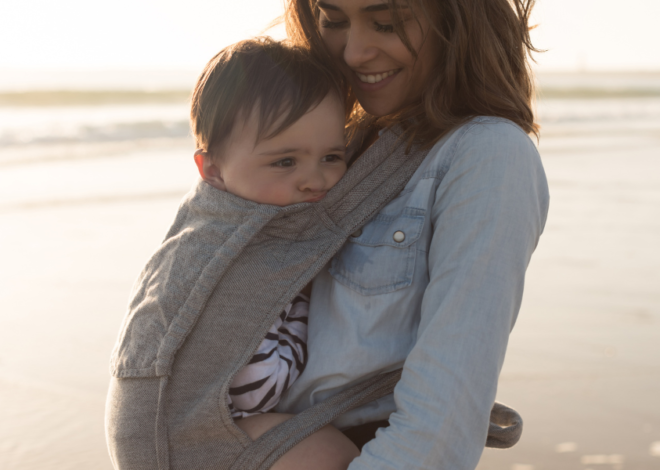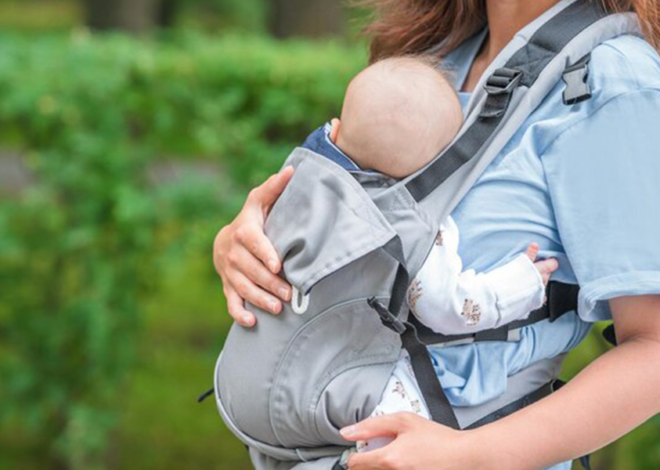Baby Carrier
Baby Carrier Safety Standards: What You Need to Know
- Familiarize yourself with the latest safety standards for baby carriers to ensure compliance and protect your child.
- Prioritize carriers with adjustable straps and buckles, providing a secure and snug fit for both the baby and wearer.
- Regularly inspect carriers for any signs of wear, tear, or damage, and promptly replace or repair as needed.
- Opt for carriers with proper head and neck support for infants, ensuring their delicate anatomy is well-supported during use.
- Be mindful of weight limits specified by manufacturers to prevent strain and discomfort for both the baby and the person carrying them.
- Follow guidelines regarding proper positioning of the baby in the carrier, promoting healthy hip development and preventing potential breathing issues.
- Stay informed about recalls and updates related to baby carriers, addressing any safety concerns promptly for your child’s well-being
4 mins read
Soothing a Fussy Baby with a Carrier: Tips and Techniques for Calmness
- Choose a comfortable baby carrier with proper support for both you and the baby.
- Practice proper positioning to ensure the baby’s spine and hips are well-supported.
- Utilize gentle rocking or swaying motions while carrying the baby in the carrier.
- Opt for a carrier with adjustable features to cater to the baby’s changing needs.
- Use calming techniques such as singing, talking, or playing soft music to soothe the baby.
- Be attentive to the baby’s cues and adjust the carrier or your movements accordingly.
- Ensure a snug fit, providing a sense of security for the baby, promoting a calm and peaceful experience.
4 mins read
Exploring the World of Baby Carriers: A Comprehensive Guide for Parents
- Baby carriers offer bonding and hands-free convenience, promoting emotional security and enabling parents to multitask effectively.
- Types include Soft Structured Carriers (SSCs), Ring Slings, Wrap Carriers, and Meh Dai, each catering to different preferences and needs.
- Safety considerations include proper positioning, secure fastenings, airway clearances, and monitoring baby’s temperature.
- Choose a carrier based on your lifestyle, considering factors like adjustability, comfort, ease of use, and safety features.
- Soft Structured Carriers (SSCs) feature padded straps and waist belts, while Ring Slings use rings for quick adjustments.
- Wrap Carriers involve wrapping fabric around the body, providing excellent support for newborns, and Meh Dai combines wrap and SSC elements.
- Practice using the chosen carrier before your baby arrives to ensure familiarity and comfort in daily use.
4 mins read



